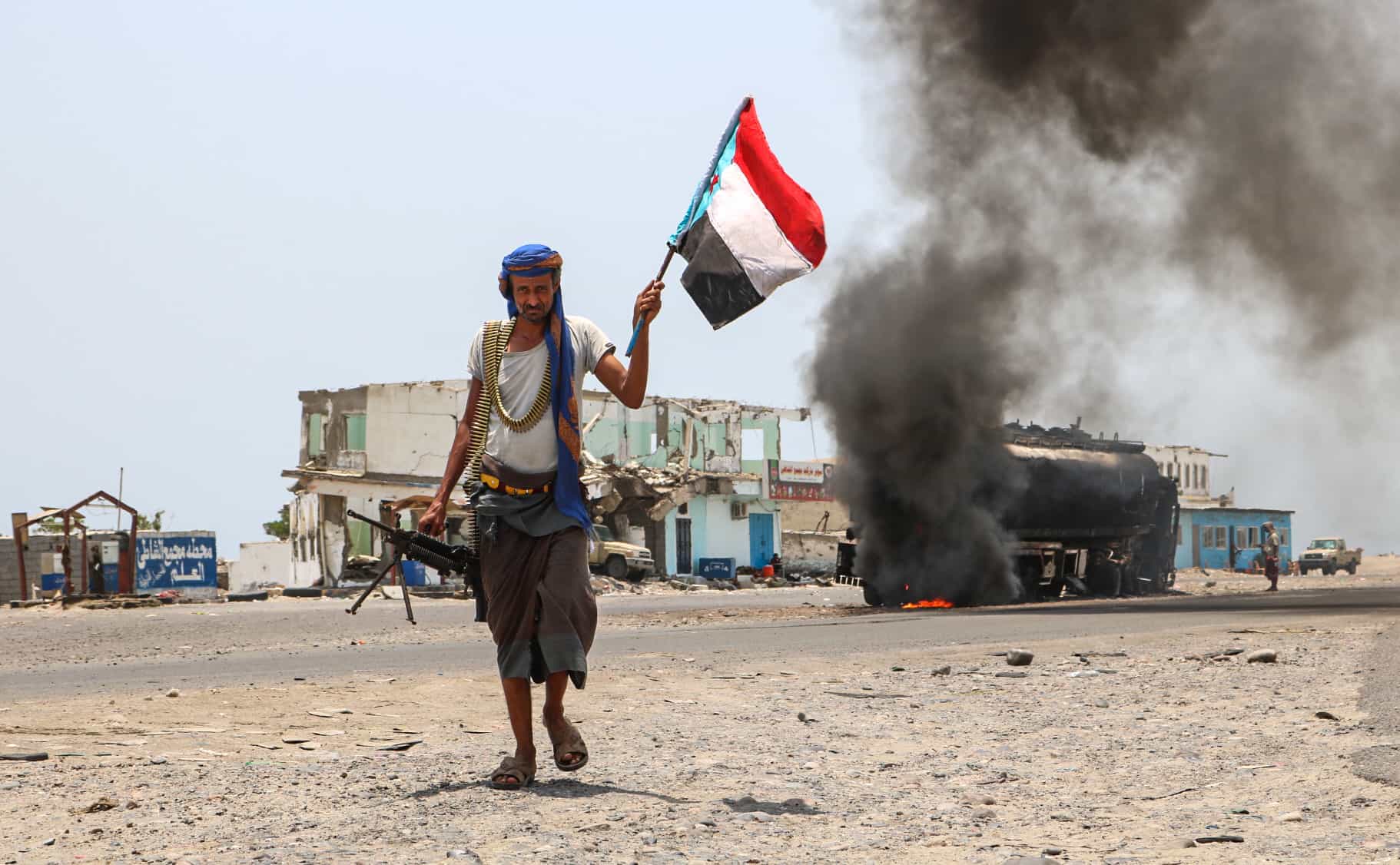A six-month truce in Yemen’s war has expired without being extended, the United Nations’ special envoy said on Sunday, urging calm and adding that negotiations are continuing.
Hans Grundberg said efforts to extend and expand the ceasefire for a further six months had not been successful.
“The UN special envoy regrets that an agreement has not been reached today, as an extended and expanded truce would provide additional critical benefits to the population,” a statement said.
“I urge (the warring parties) to fulfil their obligation to the Yemeni people to pursue every avenue for peace,” the Swedish diplomat was quoted as saying.
The ceasefire, enacted for two months in April and renewed twice, has brought a sharp drop in fighting in the war between Iran-backed Huthi rebels and a Saudi-led pro-government coalition.
The war, which has been raging since 2014, has killed hundreds of thousands directly or indirectly and has created the world’s worst humanitarian crisis, according to the UN.
The Huthis, who have launched deadly drone and missile attacks on Saudi Arabia and coalition member the United Arab Emirates in the past, issued a warning to both countries.
“The (Huthi) armed forces give oil companies operating in the UAE and Saudi Arabia an opportunity to organize their situation and leave,” tweeted military spokesman Yahya Saree.
“Forewarned is forearmed,” he added, calling for a “truce that gives the Yemeni people the right to exploit their oil wealth in favor of the salary of the Yemeni state employees”.
Grundberg’s proposal included paying civil servants’ salaries, opening routes into the rebel-blockaded city of Taez, expanding commercial flights from the capital Sanaa and allowing more fuel ships into the Huthi-controlled port of Hodeida.
It also contained commitments to release detainees, resume an “inclusive” political process and tackle economic issues including public services.
Some 23.4 million Yemenis rely on humanitarian aid.
‘Dead end’
“I am grateful for the constructive engagement at the leadership level from both sides over the past weeks. And I appreciate the position of the government of Yemen on engaging positively with my proposal,” Grundberg said.
“I will continue to work with both sides to try and find solutions.”
The Norwegian Refugee Council, an aid group active in Yemen, said the failure to renew the truce was “deeply disappointing”.
“It is a missed opportunity to help millions of Yemeni civilians out of the brutal conflict that the warring parties have dug the country into,” said country director Erin Hutchinson.
Grundberg has shuttled between Huthi-controlled Sanaa and Oman, which has acted as a mediator, in a bid to secure a ceasefire extension.
On Sunday, he met the head of Yemen’s presidential council, Rashad al-Alimi, in Riyadh, the Yemeni news agency SabaNet reported.
Rebel leader Mehdi Mashat told a political meeting in Sanaa that the UN proposals did “not meet the aspirations of the Yemeni people”, the rebels’ Al-Massira TV reported.
Sporadic clashes were reported on Sunday in southwest Yemen, as coalition military sources told AFP the Huthis had sent reinforcements to the region.
The Huthis said in a statement on Saturday that the ceasefire was at “a dead end”.
“Over the past six months, we haven’t seen any serious willingness to address humanitarian issues as a top priority,” the statement said, accusing the coalition of failing to agree measures to “alleviate the suffering of the Yemeni people”.
The lull has led to a 60 percent reduction in casualties while fuel imports into the Huthi-held port of Hodeida have quadrupled, humanitarian groups said on Thursday.
Sanaa residents say their daily lives have dramatically improved. Prices have come down as more essential goods entered the city even though key roads remain shut.
While the truce has largely held, the Huthis and the coalition blame each other for reported violations.

